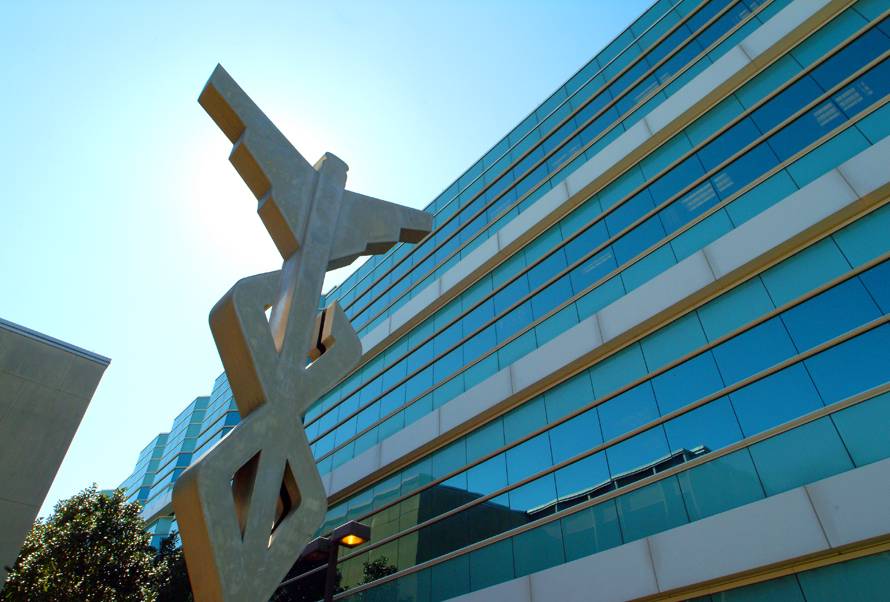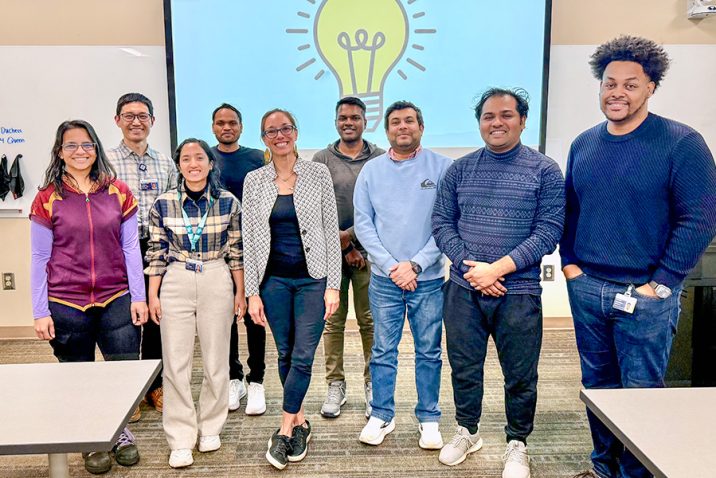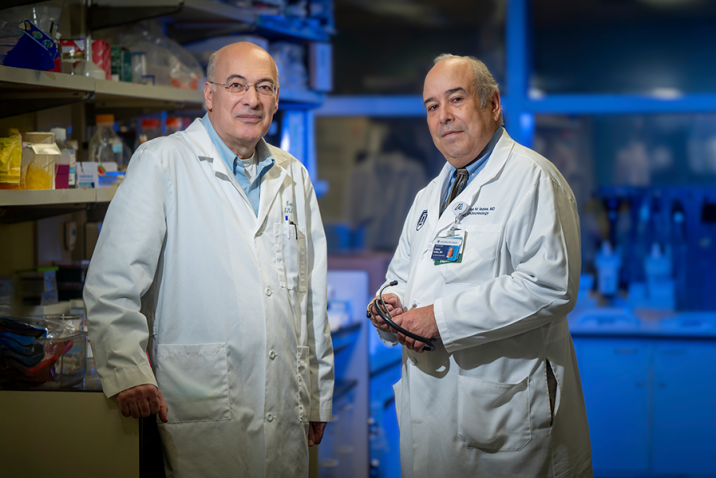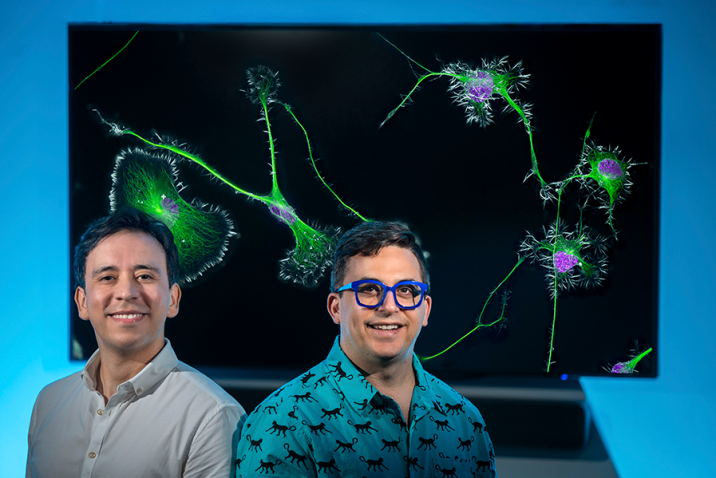

The mission of the Department is to promote multidisciplinary research and teaching excellence in both biomedical and clinical sciences.
The department was founded in 1993 as the Institute of Molecular Medicine and Genetics. We seek to attract outstanding faculty and bright students by creating a welcoming, collegial and collaborative environment to foster success and creativity. Our faculty’s research focuses on a variety of fundamental areas, ranging from neurodegenerative and neuropsychiatric disorders, brain injury, learning and memory, neuroprotection, development, inflammation and regenerative medicine, using a broad repertoire of experimental approaches. Our department is also the home to the Transgenic and Genome Editing Core, which is supported by the Georgia Research Alliance.
Jump to: Sections News & Events
Neuroscience & Regenerative Medicine
Health Sciences Campus
Interdisciplinary Research Center
706-721-0588
1120 15th St.,
CA-3010, Augusta, GA 30912
1462 Laney Walker Blvd.
Augusta, GA 30912



